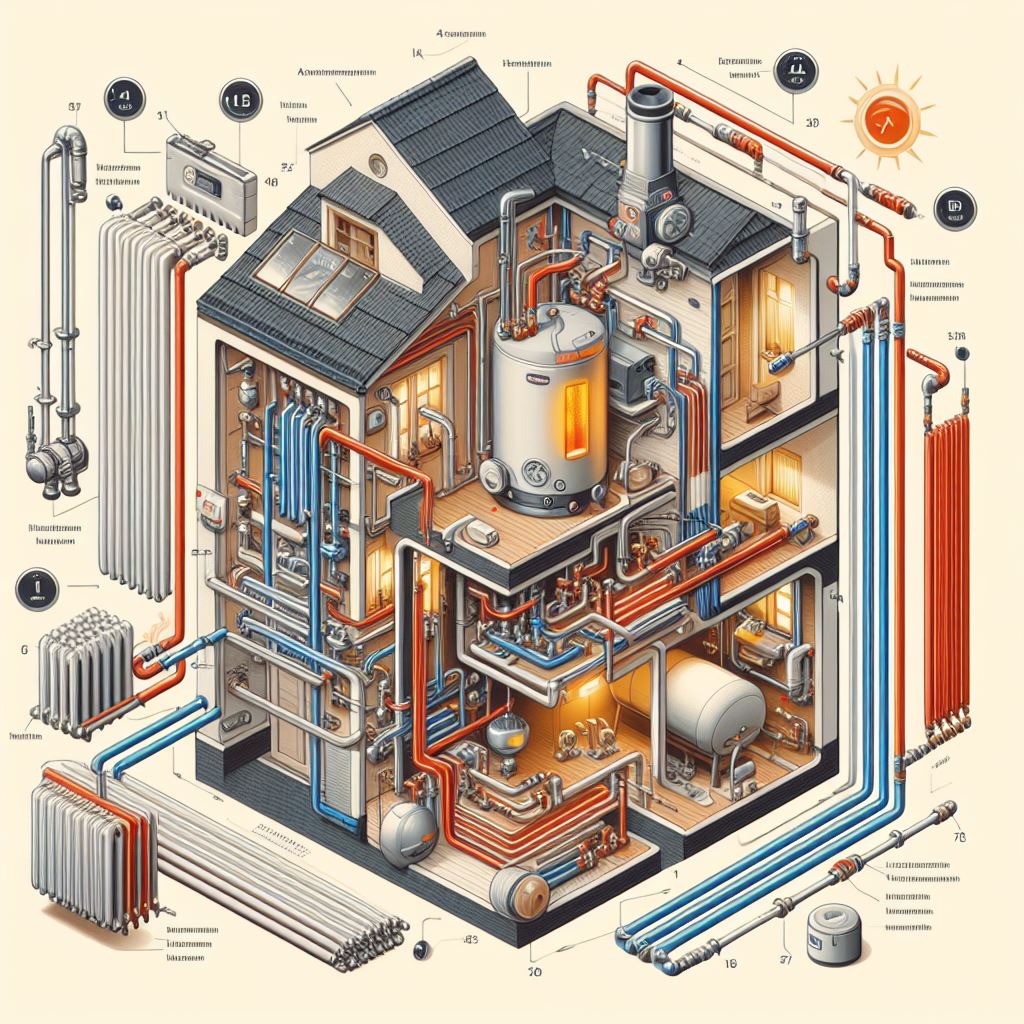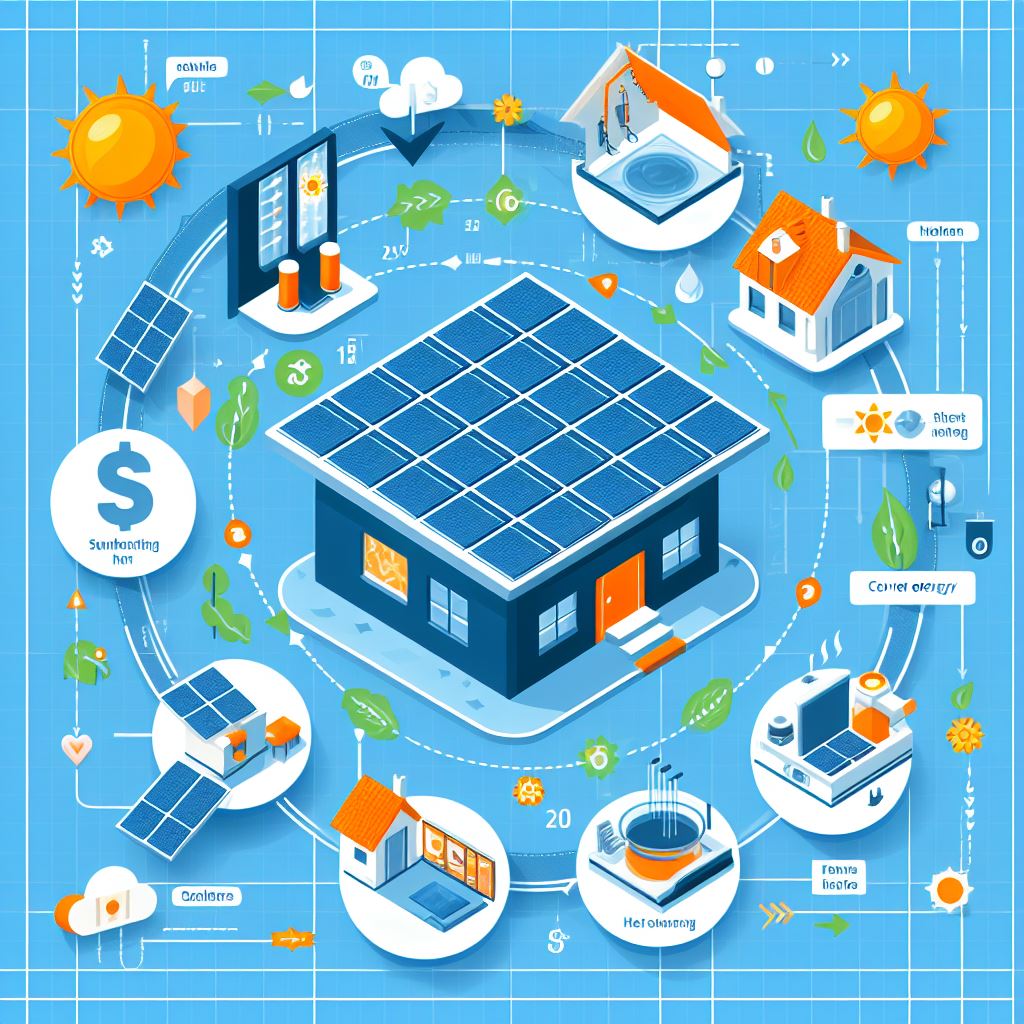When winter arrives, having an efficient and reliable heating system becomes essential. Whether you’re building a new home or upgrading your existing system, understanding the different types of heating systems can help you make an informed decision. In this article, we’ll explore seven common home heating systems, their pros and cons, and the companies that provide them.

1. Furnace
Furnaces are the workhorses of home heating. They operate by burning fuel (natural gas, propane, or oil) to heat a metal heat exchanger. The heat is then transferred to the surrounding air, which is distributed throughout the home via ducts and vents. Here are the key points:
Pros:
- Requires less maintenance than other systems.
- Uses ductwork that can be shared with an air conditioning system.
- More affordable due to lower fuel costs and improved energy efficiency.
Cons:
- Potential risk of fire, explosions, and carbon monoxide poisoning.
- Can carry allergens through the home via fans and ductwork.
2. Boiler
Boilers are common in colder climates. They heat water in a central heating boiler using natural gas, propane, fuel oil, or electricity. The heated water or steam circulates through pipes to radiators or baseboard heaters. Here’s what you need to know:
Pros:
- Allows homeowners to control heat distribution through zones.
- Requires little maintenance because they have no filter.
Cons:
- May leak water (though this is uncommon).
- Requires a separate system for cooling.
3. Heat Pump
Heat pumps collect heat from the air, water, or ground and deliver it to your home. They use electricity and refrigerant to transfer heat. Here’s why they’re popular:
Pros:
- Energy-efficient and environmentally friendly.
- Provides both heating and cooling.
Cons:
- Less effective in extremely cold climates.
4. Active Solar Heating
Harnessing the power of the sun, active solar heating systems use solar panels to collect sunlight and convert it into heat for your home. Here’s what you should know:
Pros:
- Renewable energy source.
- Reduces utility bills.
Cons:
- Initial installation cost can be high.
5. Geothermal Heat Pump
Geothermal heat pumps utilize the earth’s constant temperature to heat and cool your home. Here’s why they’re worth considering:
Pros:
- Highly efficient.
- Low operating costs.
Cons:
- Requires drilling or excavation for installation.
6. Electric Furnace
Electric furnaces use electricity to generate heat. Here’s what you need to know:
Pros:
- Simple installation.
- No need for fuel storage.
Cons:
- Higher operating costs.
7. Hybrid Home heating System
Hybrid systems combine a heat pump with a backup furnace (usually gas or electric). Here’s why they’re gaining popularity:
Pros:
- Efficient and adaptable.
- Provides consistent heating.
Cons:
- Initial cost may be higher.
Conclusion
Choosing the right heating system depends on factors like climate, energy efficiency, and budget. Research reputable companies that specialize in these systems, get quotes, and consult with local HVAC experts. Stay warm and comfortable throughout the seasons!
For more detailed information, you can refer to This Old House’s guide on Types of Home Heating Systems1.
Remember, a well-chosen heating system ensures comfort and coziness for you and your family.



